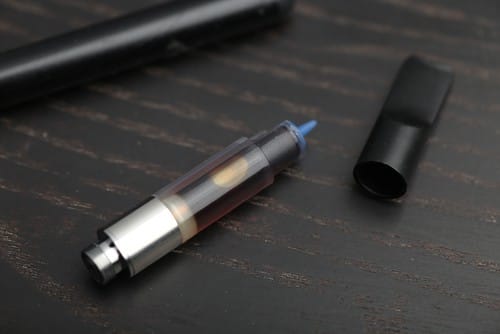Molly and the Effects it is Having On Our children
Molly, short for “molecule” is a 3, 4-Methylenedioxy-N-methylmphetamine (MDMA) chemical popular in the streets and in parties where it is normally used as Ecstasy – which it is actually not. The drug comes in crystal or powder form. 
The effects of MDMA resemble those of both psychedelics and stimulants. A normal dose of the drug lasts approximately four to six hours in the body. Molly increases the activity of neurotransmitters within the brain which results in users feeling energized, happy and empathetic towards others.
Effects of Molly on our children
- Feeling of openness, unafraid and strong connection to people around them
This is the main reason why the drug is frequented in parties and social settings. The effects of MDMA are stimulated by sound, smells, touch and visuals. It causes dilation of the pupils and sensitivity to light. As sensations heighten, these children will want to intensify their feelings by talking, dancing and uncontrolled touching.
- Hyperthermia
Hyperthermia refers to a life-threatening increase in body temperature. Interestingly, the condition is not directly triggered by the drug, but by excessive physical application such as dancing. Molly makes children want to dance a lot so they will often dance until they are completely worn out. If the “party” was taking place in an overheated environment and the child fails to replenish fluids, there is a high risk of hyperthermia.
- Molly being illegal, has no known “safe” dose
You will be surprised that a number of drugs sold as Molly or Ecstasy are not actually MDMA’s. Besides, Molly powder may contain varying levels of Methylene-dioxyamphetamine as well as several other stimulants like Caffeine or anesthetics like Ketamine. All these can amplify potential harms of the drug.
- Molly also has several other side effects including dizziness, chilling, blurred vision, sweating, nausea and forceful clenching of the teeth (also known as bruxism)
Summary
The Drugs Enforcement Administration (DEA) categorizes Molly as a schedule-1 controlled substance to mean that it has a high potential to be abused and is not accepted in medical treatment. You should therefore help your kid stay away from the drug from an early age.
Schedule your consultation or call us at 866-889-3665.
Originally posted on March 24, 2014 @ 3:00 pm






